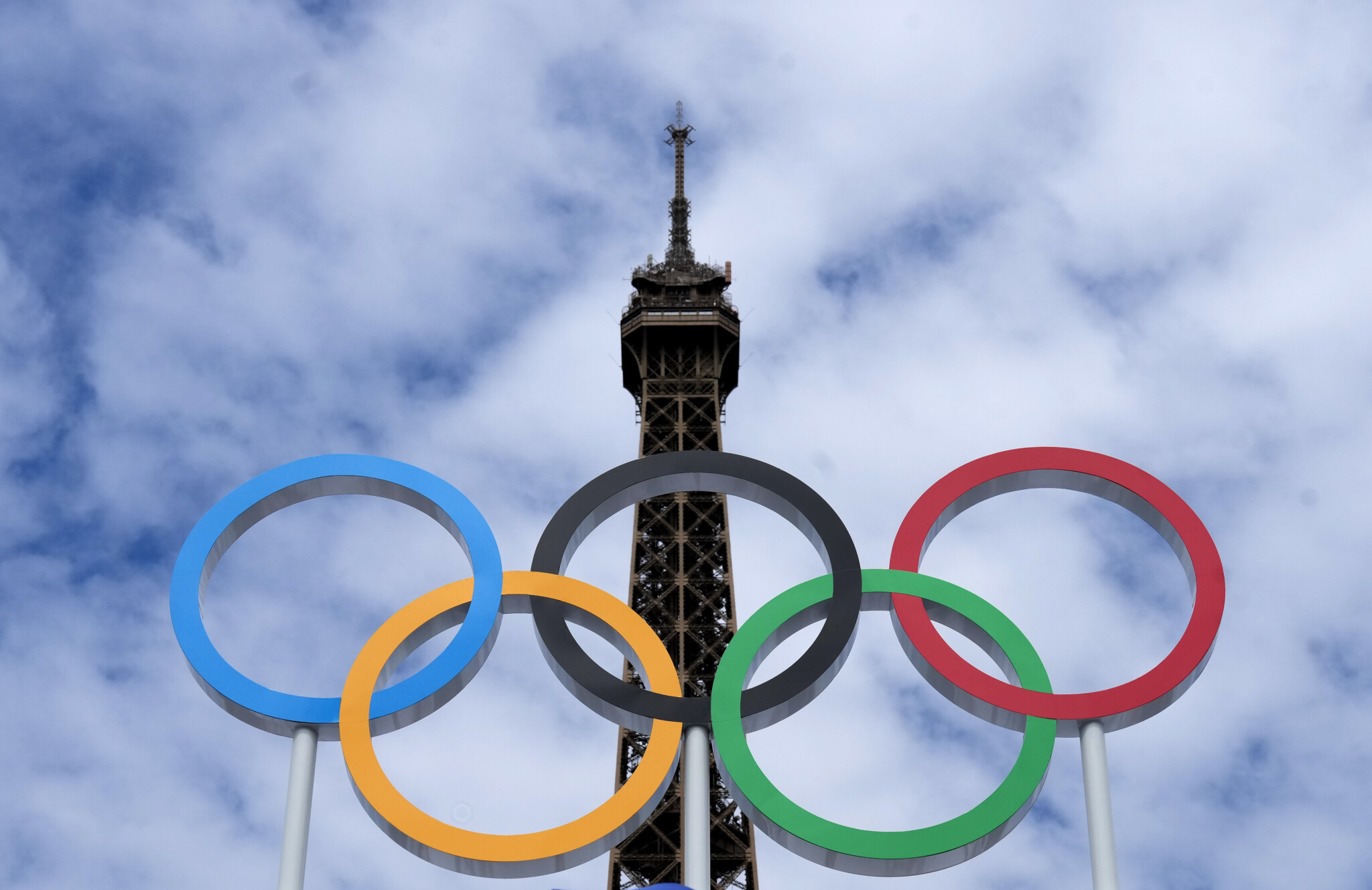The summer Olympics in Paris are off and running, but only after a brutal false start. The apparent depiction during the opening ceremonies of a key event in the life of Jesus Christ was a painful insult to many of the 2.6 billion Christians around the world.
The moment in question featured a group of drag performers behind a table in a formation that for many observers evoked Leonardo Da Vinci’s famous painting of the Last Supper—the meal Jesus shared with his closest followers the night before he was tortured and killed for claiming to be the son of God.
Some may wonder why this is so troubling. Among Christians, the Last Supper is a profoundly significant event, especially for Catholics. They believe that during this meal Jesus instituted the sacrament of the Eucharist: the changing of bread and wine into his body and blood. In Paris, the meal for the drag performers—as well as a child among the group at the table—was a nearly nude man.
It should therefore go without saying that mocking and denigrating the Last Supper—in front of an international audience, no less—is deeply offensive.
Little has been done to remedy the situation since. Paris officials offered a pseudo-apology for the incident. As for the creative director’s statement that the scene was in fact inspired by Greek mythology, this is contradicted by a statement by Paris officials that the Last Supper was indeed the inspiration for this portion of the opening ceremonies.
At a minimum, this debacle should lead organizers of future Olympic Games to ensure that this sort of incident does not repeat itself. There is no indication thus far that concrete steps will be taken toward this goal. The International Olympic Committee must act.
But this incident should also spark a broader cultural transformation in terms of how we express our disagreement with the core beliefs of others.
We are all free to oppose and criticize things that we believe merit our opposition and criticism. But there is a civilized way to go about this pursuit and an uncivilized way. There is a baseline of decency and respect that we owe each other as fellow human beings. The display in Paris, in other words, should offend all persons of goodwill: Christians, Muslims, Jews, persons belonging to other faiths, and persons belonging to no faith.
The opening ceremonies in Paris violated that baseline, but this is not an isolated incident. We fall short of this standard often and in various contexts: between friends, within families, at the workplace, in politics, and beyond. We have, it seems, lost sight of how to disagree honourably and charitably with our perceived enemies. As a result, we are quicker to employ harmful methods of manifesting that disagreement.

Actors perform during the opening ceremony of the 2024 Summer Olympics, July 26, 2024 in Paris, France. Wang Dongzhen/Pool Photo via AP.
It would be simple to point fingers and say that the fault for this social malaise lies with people on one side of this or that dividing line, and that the duty to fix it belongs to them. But the truth is that all of us, to varying degrees, have work to do in this department.
But certain groups and individuals have, in our times, become easier targets than others. We would be deluding ourselves if we were to think otherwise. Christianity and Christians are all too often the subject of ridicule and derision, and what happened in Paris starkly confirmed that reality. It is telling that the Olympic organizers attempted to justify the mockery of the Last Supper on the basis that “many have done it before.”
For too long, Christians have been afraid to stand up and speak out when their faith is ridiculed. Christians are called to turn the other cheek, but not to be silent. What we saw in Paris was a slap in the face to Christians. It is unacceptable and should never be celebrated, especially by an entity that purports to serve the “harmonious development of humankind, with a view to promoting a peaceful society concerned with the preservation of human dignity.”
If this entity can countenance religious mockery, what message is sent to religious minorities, including the 365 million Christians who face “high levels of persecution and discrimination worldwide”? The organizers of the Paris Olympics must offer an unreserved apology for this mistake, regardless of whether it was intentional, unintentional, or a product of ignorance.
A consolation from Paris may be that, by bringing Jesus Christ to mind, it gestured to the medicine for the cultural discord and antipathy from which we suffer. Jesus taught that we should love our enemies. We are all, without question, in desperate need of this teaching.









